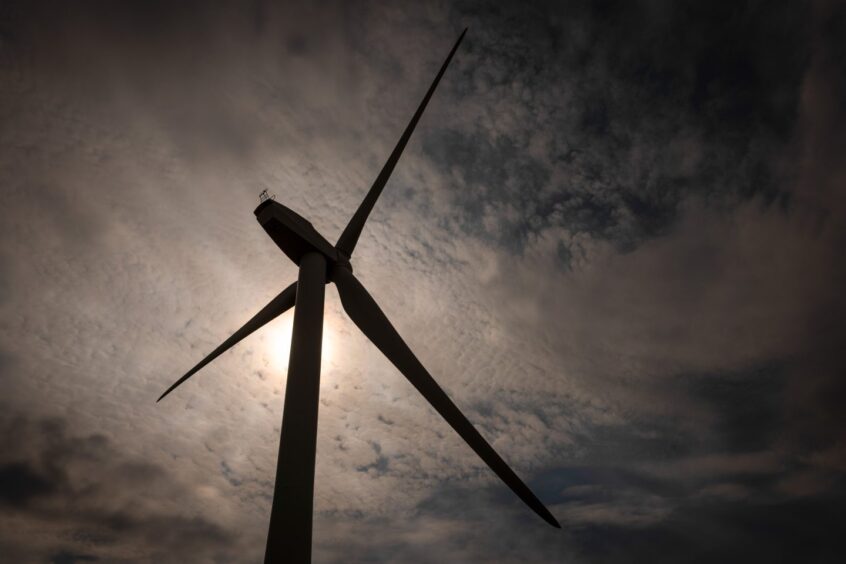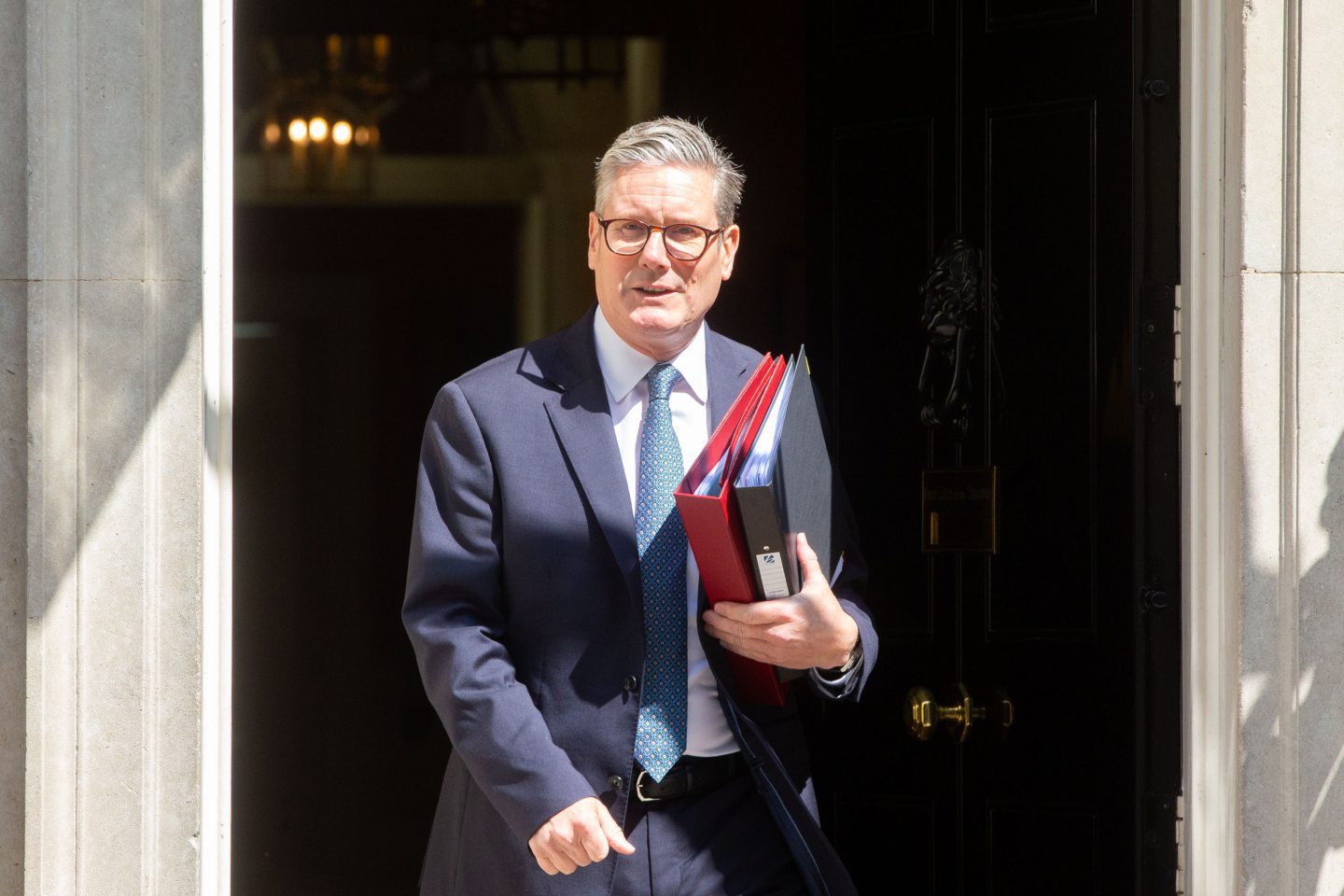 © Bloomberg
© Bloomberg The first move by newly created Great British Energy is prompting the industry to question the priorities and purpose of the state-backed company.
Corporate leaders weren’t consulted before Thursday’s announcement of a partnership with the Crown Estate, owners of the UK’s seabed, according to people in the industry. They consider that significant because GB Energy will step in and take responsibility for the first stage of developing offshore wind farms, crowding out builders until later in the process.
The industry wasn’t expecting the first project to center on a mature technology instead of more nascent renewable industries, one of the people said, declining to be named talking about private discussions. Some examples would be hydrogen and carbon capture.
A spokesperson for the Department for Energy Security and Net Zero declined to comment.
The UK is the second-biggest market for offshore wind behind China. It’s held up by government ministers as a success that’s helped Britain decarbonize faster than any other Group of Seven country.
New Prime Minister Keir Starmer has an ambitious target of achieving a clean power grid by 2030, and wind turbines will be crucial to achieving that.
The government has pledged to overhaul the planning system, giving priority to energy projects such as onshore wind. It wants to speed up the line for projects that are waiting years to connect to the national grid.
GB Energy is a central pillar of plans to grow the economy, and Starmer says the partnership with the Crown Estate will “unleash a tidal wave” of as much as £60 billion ($77 billion) of investment into clean technology, as well as reduce energy bills.
But Scottish Power, a wind developer, said GB Energy needs to be mindful of managing those partnerships.
“It will be important to get the right balance on where government can add value most effectively, while taking care not to disincentivize private investment,” the company said in an email.
Germany’s RWE AG said the partnership should consider the expertise built up over 20 years by global developers and make sure private investment is “crowded-in,” according to a statement.
Great British Energy is receiving £8.3 billion of taxpayer money to own and operate assets in collaboration with the private sector. By allowing borrowing, the government believes 20-30 gigawatts of new offshore wind seabed leases can be secured by 2030.

